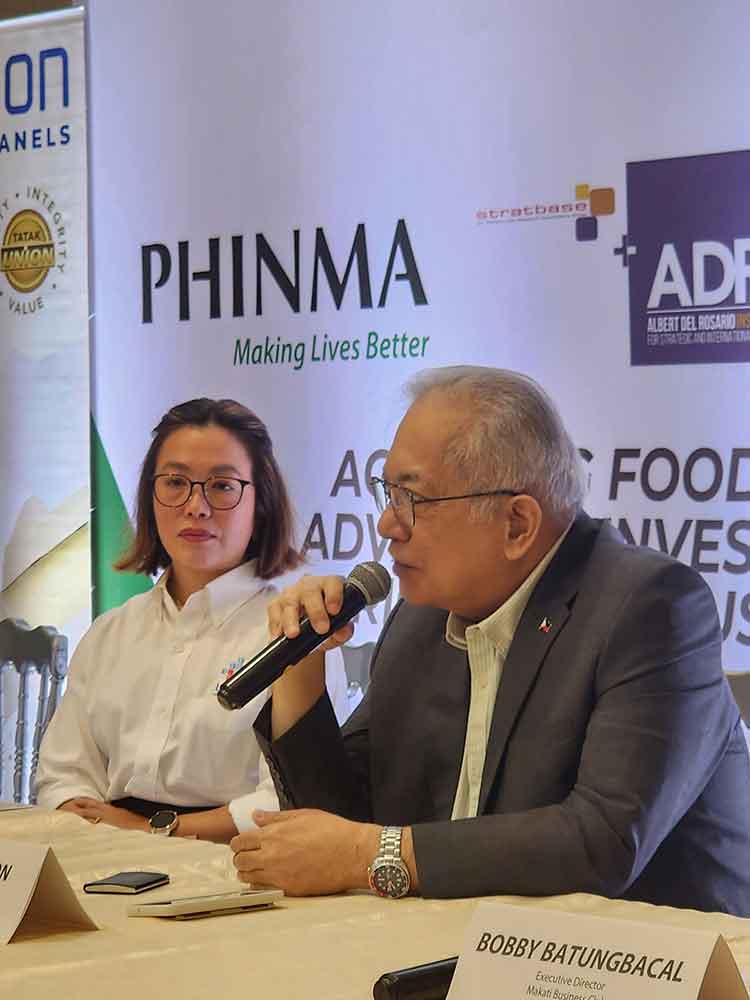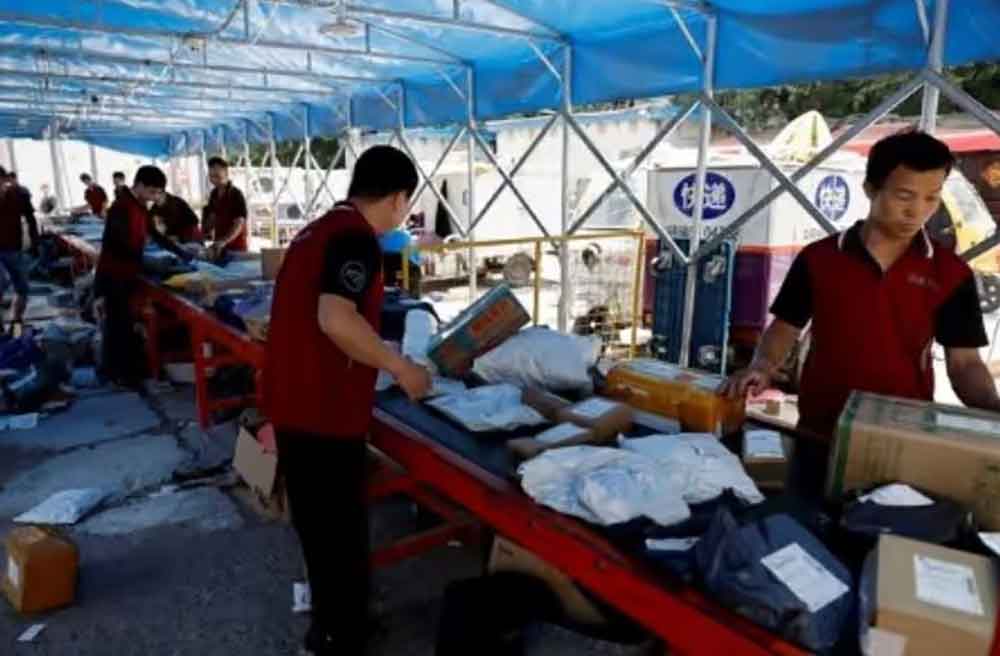
Business leaders, government officials and experts agree on the need to expand the country’s cold storage facilities to address the problem of food waste.
They made the statement in a forum on “Achieving Food Security: Advancing Investments for Agricultural Sustainability,” co-organized by PHINMA Corp., Stratbase ADR Institute and Makati Business Club. The hybrid event took place in Makati on Monday.
Eduardo Sahagun, PHINMA Construction Materials Group EVP and PHINMA Corp. director opened the discussion by highlighting the urgent need for food security in the Philippines amid climate change, rising food and nutrition demands and logistical challenges.
He recalled Agriculture Secretary Francisco Laurel Jr.’s earlier pronouncement that 30 percent of the country’s agricultural produce is wasted due to a poor logistics system, while 51 million Filipinos face moderate or severe food insecurity, the highest in Southeast Asia, according to the United Nations.
“Our lofty dream is to allow farmers and fisherfolks to store their products for long periods, avoiding wastage and increasing the value of their goods,” Sahagun said.
“Our hope is for all of us to support the cold chain industry in the proper transport and storage of meat and fish, contributing to food security and food safety,” he said.
Danielle del Rosario, chief operating officer of the Union Insulated Panel Corporation, a unit of PHINMA, said improved agricultural infrastructure enhances food security by stabilizing and increasing the food supply.
“Investments in modern irrigation systems, cold storage facilities, and cold chain logistics networks reduce post-harvest losses, increase crop yields, and ensure that fresh produce reaches markets efficiently. This not only stabilizes food prices but also makes nutritious food more accessible to all Filipinos, combating hunger and malnutrition,” Del Rosario said.
“The availability of cold storage facilities in strategic areas reduces food waste by preserving perishable goods at optimal temperatures, ensuring that food reaches our tables instead of landfills,” she said.
Del Rosario said the Philippines lags in per capita cold storage capacity, with only 0.04 cubic meters per person compared to the global average of 0.15 cubic meters.





